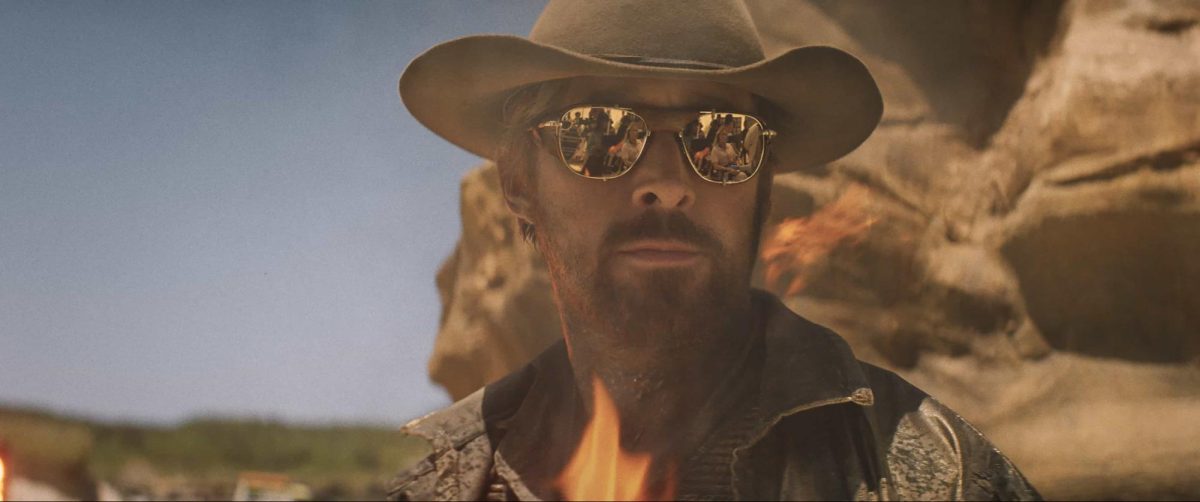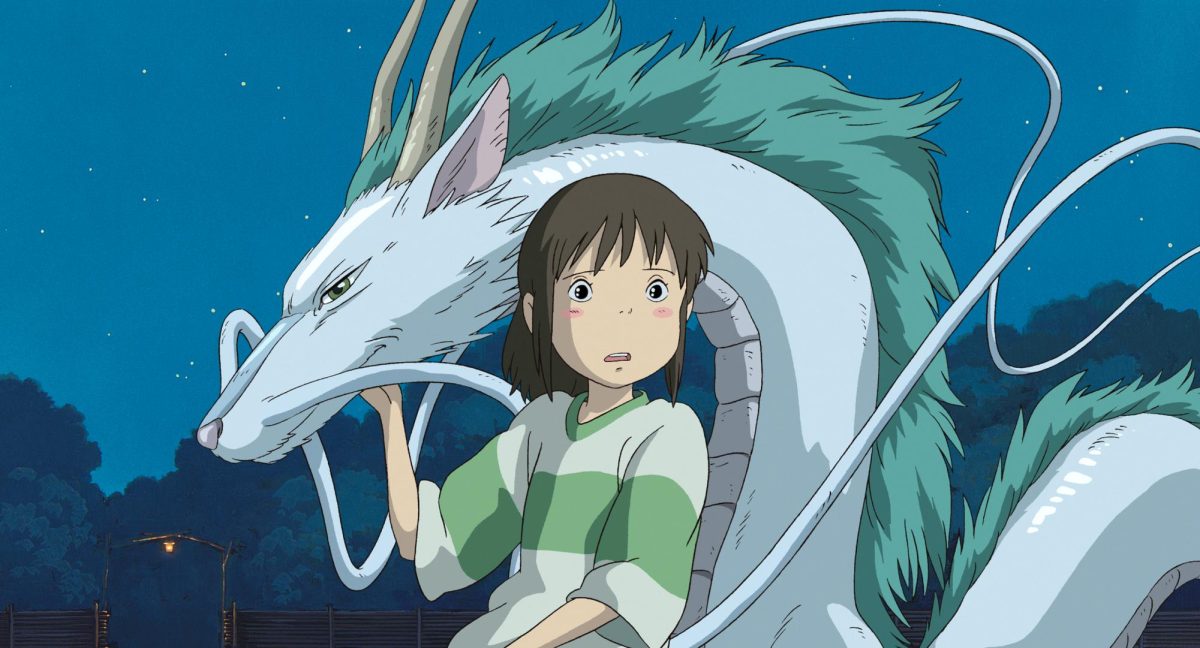Photojournalists and directors Molly Bingham and Steve Connors spent 10 months in the Baghdad neighborhood of Adhamiya, shortly after the fall of the city, interviewing Iraqi insurgents in an attempt to find out why some of them wanted to kill Americans.
What they found was that Iraqis involved in fighting coalition forces were merely doing what any patriotic American would do: defending their homeland, even if that meant killing people from the United States.
Their experiences are captured in the new film, “Meeting Resistance,” which was screened to a full house at the OSH Auditorium on Friday. Bingham, who was once a prisoner in Abu Ghraib, and Connors were in attendance during the screening, and afterward talked about the film that tries to dispel the myth that the Iraqi insurgency consists of outside fighters and religious fanatics.
The two filmmakers focused on eight Iraqis and promised anonymity in exchange for their stories. Those interviewed had their faces obscured and were given simple titles such as “the teacher,” “the warrior” and “the traveler” in order to protect their identities.
For many of the students attending the screening, the film was an eye-opener.
“I don’t think typical citizens even think about this,” said Sylvia O’Hara, a senior majoring in communication. “It puts everything into a whole new perspective. You’re now thinking about an all encompassing war instead of just a U.S. war. There’s two sides to it. The Iraqi side rarely gets any attention.”
The United States invaded Iraq and drove up through the center of the country in 21 days, Connors said and in Fallujah, more than a dozen parents were killed when they staged a demonstration asking that their children be let back into a school that had been occupied for over a month by coalition forces.
“The United States public probably got a very sanitized view of what happened there,” Connors said.
Lonny Danler, a second-year graduate student in film studies, said it was interesting to see a different point of view.
“It was great to see the other side,” Danler said. “I haven’t seen that depth of coverage before.”
Shortly after the U.S. invasion in Iraq, Bingham was arrested by the Iraqi government on suspicion of spying and taken to the Abu Ghraib prison. She spent eight days there before being released to the neighboring country of Jordan. After the fall of Baghdad, she decided to return and start filming the movie because she could “work more freely.”
The investigation involved a large amount of trust on both sides. Iraqis seen talking to Americans are often killed because they are thought to be cooperating with the enemy, and people from the West are high profile targets for kidnappings. After 10 months, Bingham said, they stopped filming or they “would have gotten killed.”
The film was shown to U.S. soldiers in Baghdad last year.
“You could basically break the military response into three groups,” Bingham said. “There were two very small groups, and then there’s a big middle group. The small group was saying ‘This has nothing to do with reality. You guys are terrorist propagandists.’ The largest group was saying, ‘Huh, we never though of it that way. We’d probably be doing the same thing if we were them.'” Bingham said the other small group spoke Arabic and was around Iraqis every day so the soldiers understood their positions.
“I believe that the narrative here that we have to stay to keep Iraqis from killing each other, that we’re standing between these ancient sectarian hatreds, is a myth,” Bingham said. “Yes, there is a civil war happening. Yes, some of the violence is sectarian, but most of it is political, and it’s only 10 percent of the significant attacks in Iraq that target civilians. Ninety percent target U.S.-led coalition forces and Iraqi army policemen.”
“Meeting Resistance” is currently being shown in theaters across the country. Locations, dates and times can be found at www.meetingresistance.com.
The DVD will be available for sale online within the next 10 days.
 Lawrence Boye
Lawrence BoyeMolly Bingham and Steven Connors answer questions fallowing a screening of their documentary, ‘Meeting Resistance.’ The film is about Iraqi resistance to U.S. occupation, focusing on Iraqi citizens, and active resistance members.











